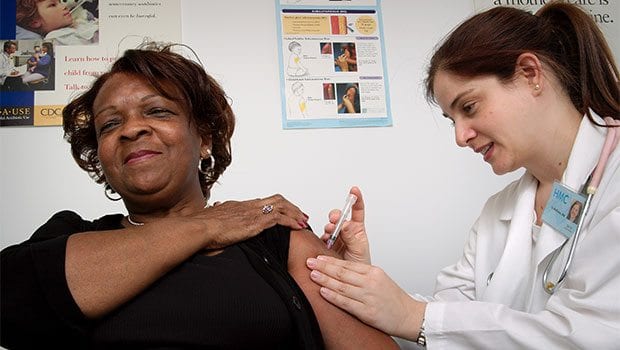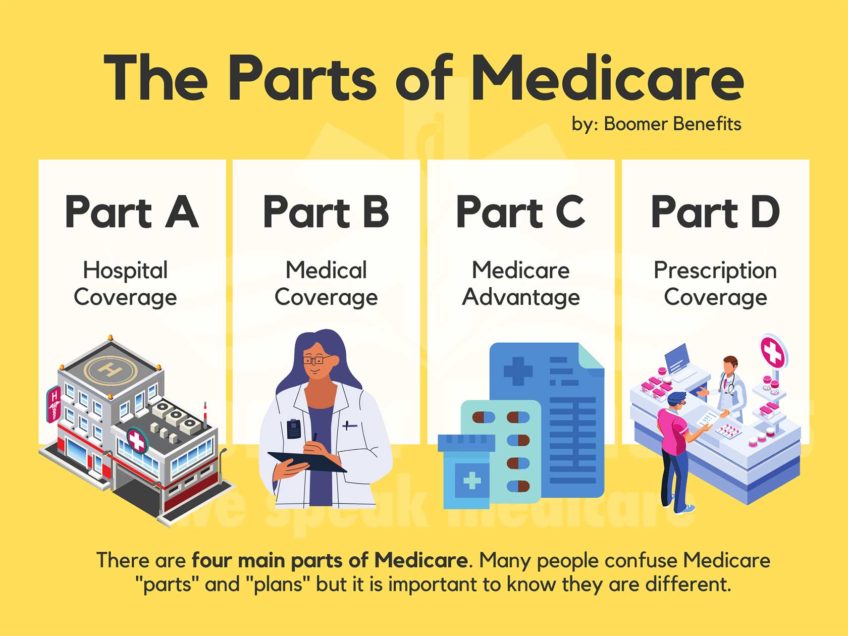
The virus that causes chickenpox has somewhat of a split personality. Called the varicella-zoster virus, it actually causes two diseases. One is varicella, familiarly known as chickenpox. Generally, people born before 1957 were exposed to chicken pox and therefore have a natural immunity to the disease. A vaccine was developed in 1994, which now protects younger people.
You might think that once you have withstood the rash, headache and fever of chickenpox, you are done with the virus. Not necessarily so. The other disease caused by the virus is herpes zoster, or shingles. Once you have had chickenpox, the varicella zoster virus lies dormant in your nerves and can re-emerge years later as shingles.
Almost one out of three people in America will develop shingles during their lifetime, according to the Centers for Disease Control and Prevention. Nearly 1 million Americans experience the condition each year. The incidence increases with age, and is more common in people over 60.
Shingles is characterized by a rash of very painful blisters that lasts about four weeks. Some people, however, develop post-herpetic neuralgia, a condition in which the skin remains painful even after the rash disappears. The pain has been described as “burning, stabbing, or electrical” or “the worst sunburn you’ve ever had.” The good news is that, while uncomfortable, it is not life-threatening.
Unlike chickenpox, shingles is not contagious. Those who have not had chickenpox or received its vaccination and come in contact with the blisters of shingles, will get chickenpox, not shingles. Such was the case of Barbara Walters, who, although born before 1957, was never diagnosed with chickenpox. She developed it, however, after close contact with a friend suffering from shingles.
Fortunately, shingles is largely preventable. A zoster vaccine called Zostavax was developed in 2006, and recommended for those 50 years and older. It was found, however, that its effectiveness waned over the years. Now the Advisory Committee on Immunization Practices, or ACIP, recommends an updated vaccine called Shingrix. The ACIP is a panel of public health experts who provide recommendations on the control of vaccine-preventable diseases in this country.
Clinical trials found that Shingrix was more effective in people older than 50, and particularly those 70 years and older. In addition, the effectiveness lasted during the 3-year follow-up period. Even better news is that it was particularly effective against the painful aftermath of post-herpetic neuralgia.
Due to these findings, the ACIP now prefers Shingrix for the prevention of shingles for adults aged 50 and older. It is even recommended in those who previously received Zostavax. The new vaccine is administered in two doses two to six months apart.
Adults with chronic conditions, such as diabetes and renal failure, are eligible for the vaccination. It can be administered to those with a history of shingles as long as it is not in the acute state. It is not recommended, however, for people with a compromised immune system, as in AIDS and certain cancers like leukemia. It is best to consult one’s primary care provider for recommendations appropriate for one’s medical status.
Vaccination against shingles is covered by Medicare’s prescription drug program (Part D) and Medicare Advantage plans that are built around HMOs. In addition, the Affordable Care Act pays for immunizations that are recommended by the ACIP.
It might be a little inconvenient to make two visits to the doctor for protection against shingles. But that second trip beats the discomfort and pain any day.






